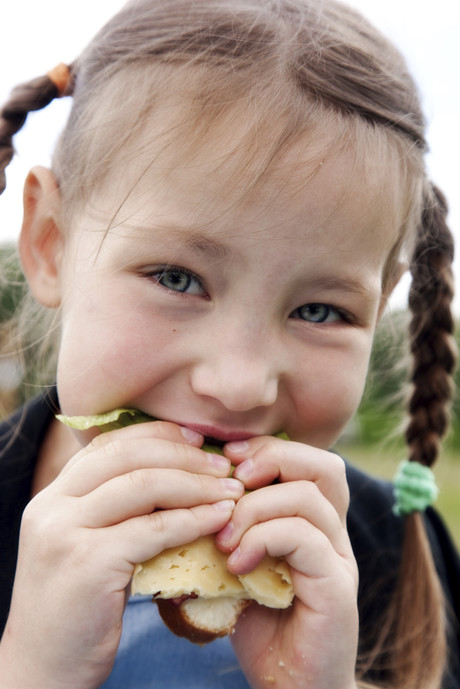Food brand recognition and obesity risk

Young children who recognise food name brands, such as Lucky Charms, M&M’s and Cheetos, often eat unhealthy items that lead to their high body mass index (BMI).
According to a new University of Michigan study conducted by Kristen Harrison, U-M professor of communication studies, the risk of this weight gain, occurs separately of other variables — such as family demographics or television viewing.
The findings also indicate that children often misidentify details about food brand components with mascots and other fantasy characters that they are exposed to during their preschool years.
The 247 preschoolers in the sample, whose average age was 4.5 years, were measured for BMI, and completed recognition and recall indicators for a selection of 30 US food brands.
The most recognised among the brands was Pepperidge Farm Goldfish (96%). Since there were three choices of foods to match with each brand logo, the children could get the answer right one-third of the time just by guessing. Even the least recognised brand (SpaghettiOs) was recognised 41% of the time, which was significantly greater than the chance rate.
The study showed that overweight children recognised 10 food items more often than healthy-weight children: M&M’s, Cocoa Puffs, Keebler cookies, Pringles potato chips, Rice Krispies, Cap’n Crunch, Coca-Cola, Planter’s peanuts, KFC and Hamburger Helper.
McDonald’s registered the highest recall percentage (62%) among overweight children.
“It is interesting that despite very low recall rates for some foods, recognition rates were still high,” said Kristen Harrison.
U-M researchers sought to determine if food brand recognition alone has any relevance for preschooler weight status, and if family and other variables are the primary sources of being overweight.
Chocolate consumption trends in the US
Chocolate sales hit a new high in the US as it remains an 'affordable treat' duing...
Ready-made infant, toddler food study finds some falling short on nutrition
Some ready-made foods for infants and toddlers being sold in Australia are not meeting WHO...
PepsiCo achieves 3.5 Health Star Rating with chip ranges
PepsiCo Australia has achieved a 3.5 Health Star Rating (HSR) for its low-salt and baked potato...














